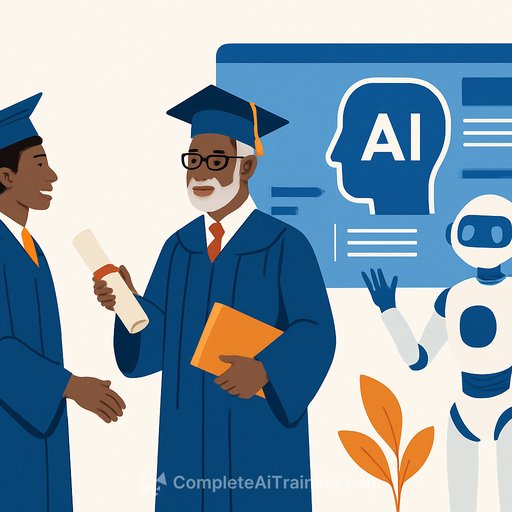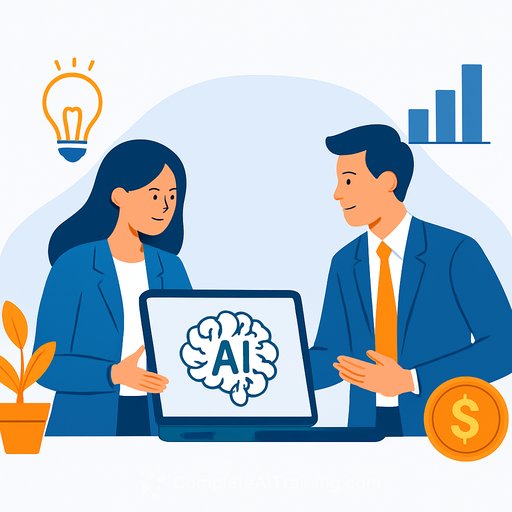Wesley College of Education Graduates 450 Students and Introduces AI into Teacher Training
Wesley College of Education (WESCO) recently awarded Bachelor of Education degrees to 450 graduating students during its 16th Congregation Ceremony. This event also marked the launch of a new initiative to integrate artificial intelligence (AI) into teacher education programs across Ghana.
Transforming Teacher Education with AI
Associate Professor Kofi Sarpong Adu-Manu from the University of Ghana’s Department of Computer Science spoke on the theme “Transforming Teacher Education with AI: Advancing the WESCO Agenda for Excellence.” He challenged Ghana’s teacher education system to rethink its future by positioning educators as learning architects, AI-enhanced mentors, and digital ethicists.
“AI will not change Ghana; you will,” Prof Adu-Manu told the graduating class, urging them to apply their knowledge and ethical judgment carefully. He emphasized that AI should serve to enhance teachers’ skills rather than replace them. His vision includes incorporating AI fluency, digital ethics, and equity-focused design into all teacher training programs.
Proposed AI Integration Strategies
Prof Adu-Manu proposed adding an Ethics in AI-Driven Education module to the WESCO curriculum. He also recommended collaborative research with the University of Ghana to develop culturally relevant AI tools like lesson-planning chatbots and adaptive feedback systems for trainee teachers.
- Update national teacher standards to include data literacy, digital well-being, and ethical AI use.
- Establish AI-powered teaching labs in every College of Education.
- Create a Digital Equity Task Force to address access gaps between urban and rural areas.
- Launch a Pan-African AI Teacher Fellowship under the African Union (AU) and ECOWAS to promote context-aware pedagogy across Africa.
WESCO’s Commitment to Excellence
WESCO Principal Dr. Kennedy Ameyaw Baah highlighted the college’s focus on becoming a world-class center for pre-tertiary teacher education. Achievements include an increase in faculty qualifications—12 PhDs and 30 staff pursuing doctoral studies—as well as international recognition from presentations and research grants.
Among the grants received is a Commonwealth of Learning (COL) STEM Project centered on AI in Education, alongside the LRA Barr Mosenthal Research Award. Dr. Baah also drew attention to the college’s commitment to inclusion, noting the admission of 23 visually impaired students this year.
For educators interested in AI integration and ethical use, exploring AI training resources can offer valuable insights. Check out comprehensive courses on AI in education and other skills to build capacity in this area.
Your membership also unlocks:





